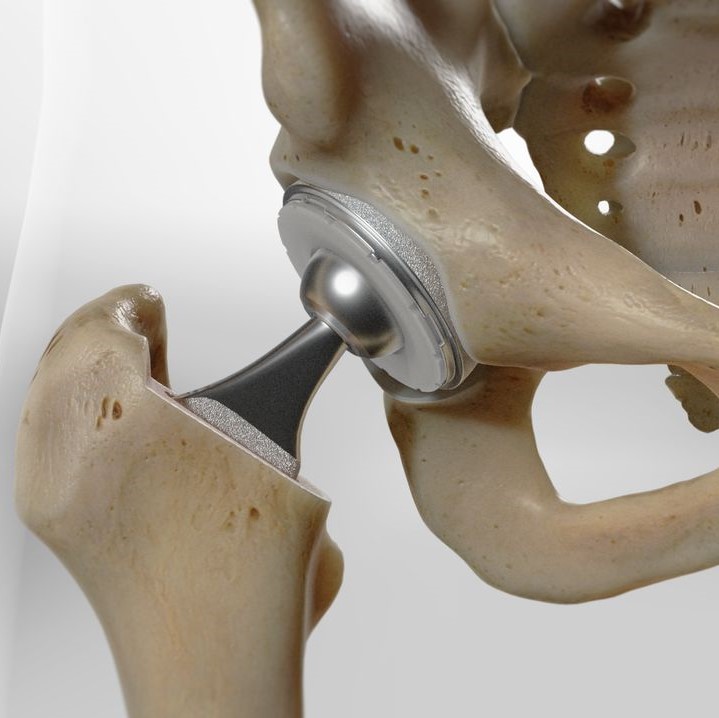What is outpatient total joint replacement?
Total joint replacements performed in an outpatient facility, not in a hospital, are becoming more common. Depending on several factors, you may be eligible to have your total hip or knee replacement done as an outpatient. Bone and Joint Institute of Tennessee physicians perform outpatient total joint replacements at the ambulatory surgery center (ASC) on the campus of Williamson Medical Center in Franklin, Tennessee.
Outpatient total joint replacement is a regular joint replacement surgery that completed in a surgery center instead of a hospital, allowing the patient to go home the same day.
Before theCOVID-19 pandemic started, experts estimated there would be 1.2 million total joint replacements in the United States in 2020. Of those, about 10% would be outpatient procedures. However, outpatient procedures are growing and are expected to be 25% of total joint replacements in 2022 and 50% in 2026.
What are the advantages of outpatient joint replacement?
Safety
- Surgery centers do not have inpatients who may have infectious diseases like hospitals do, so there is less chance of diseases spreading between patients.
- Surgery centers have dedicated anesthesiologists who are used to working in an outpatient environment and use a combination of techniques to allow for pain relief and the ability to go home the same day.
- Not all patients qualify for outpatient procedures. Qualified patients are typically healthier prior to surgery.
Cost
- Surgery at a surgery center can cost half as much as surgery at a hospital, saving the patient and the insurance company money.
Hope
- Since patients are recovering in their own homes, including immediately moving around and sleeping in comfortable surroundings, they may be more motivated and recover faster than if they were in an uncomfortable hospital bed.
- Studies show a slightly quicker short-term recovery for patients who have outpatient total joint procedures over patients who have inpatient total joint procedures. The long-term success rate (over years) appears similar for both types of surgery.
Who is eligible for outpatient total joint replacement?
Many patients who are eligible for an inpatient total joint replacement may be eligible for an outpatient total joint replacement. Additional criteria include having an outpatient support system and NOT having complicating secondary issues (heart or lung issues, such as a recent heart attack or COPD). Patients with chronic kidney disease are evaluated on a case-by-casebasis.
If you have interest in learning more about outpatient hip and knee replacement, contact our office to schedule a time to speak with Dr. Calendine about your needs and options.



.png)




